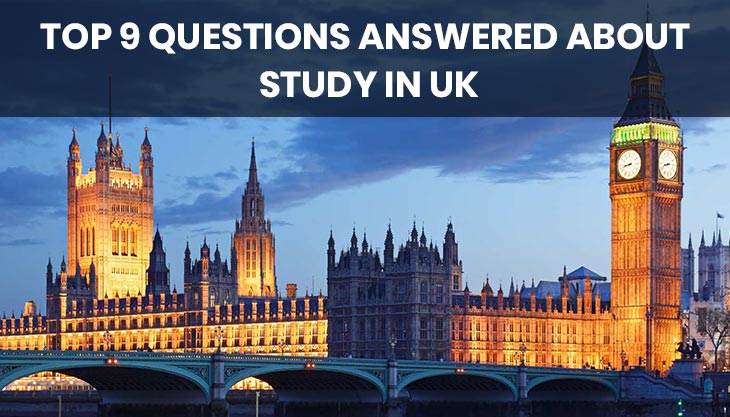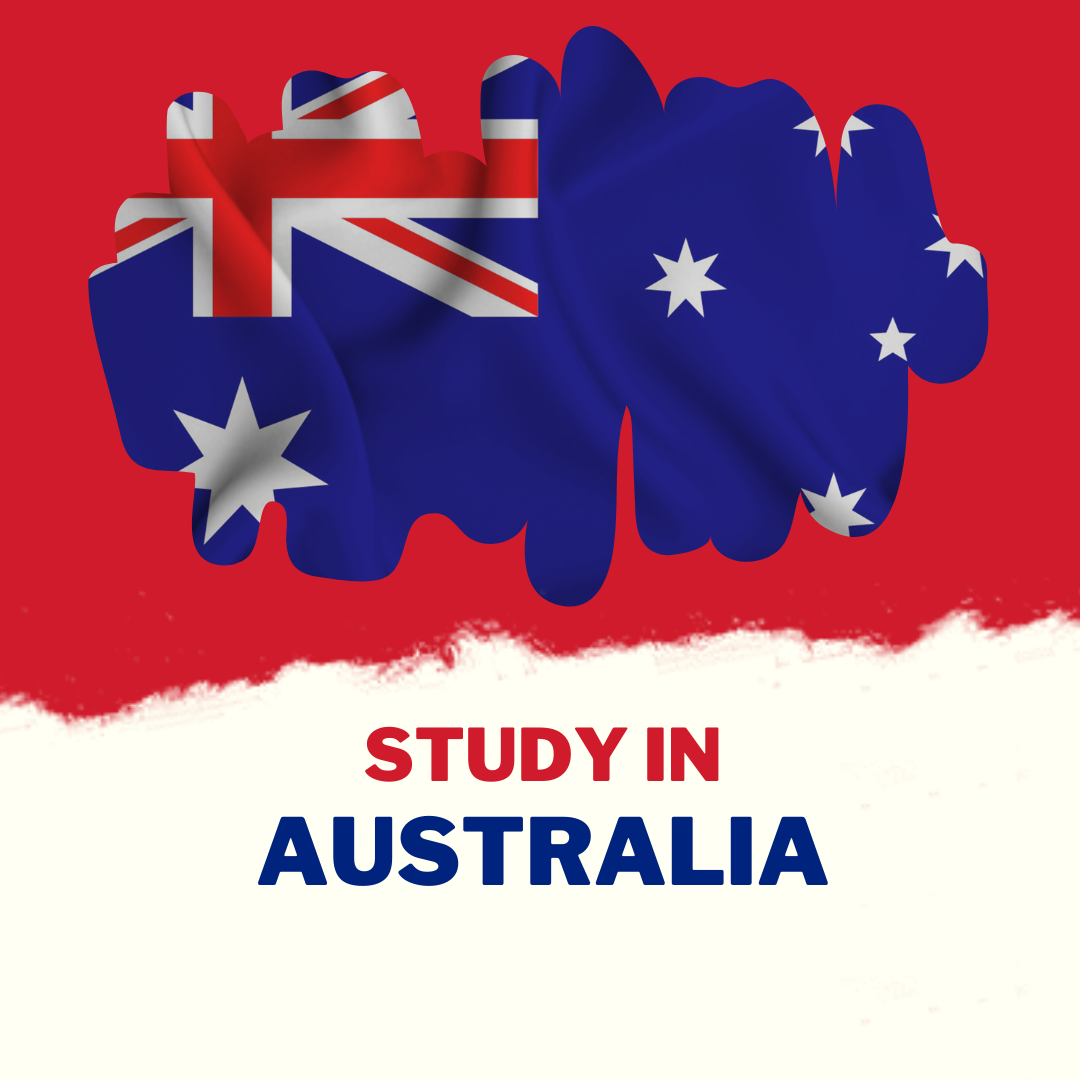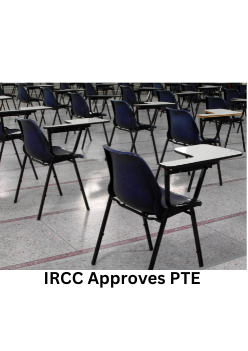INTRODUCTION
The UK has long been famed for having some of the best universities in the world. Not only that, but it also has a rich history and culture which when combined with modern education creates a unique blend of knowledge that is now popular all over the world. So if you are are looking for lush green campuses, comfortable accommodation, excellent research and education then this can be the best option for you. Now Study in UK, and experience learning, like never before.
Hurray Overseas Education Consultants assist you in choosing the right university while guiding you through the application process. When it comes to Overseas Education Consultants in Bangalore, Hurray provides assistance in Visa Application, Scholarships and finance too.
Here are a few FAQs regarding Studying Abroad in the UK.
1. What are my options as a postgraduate student in the UK?
Once you have achieved an undergraduate degree i.e. a Bachelor’s degree, there a number of options for postgraduate study available at UK universities, including:
Graduate certificates and graduate diplomas – level 6 courses aimed at those who have completed a bachelor's degree, often as conversion courses i.e. a short term course aimed at learning a new subject or skill, usually career-oriented
Postgraduate certificates and postgraduate diplomas – level 7 courses, typically shorter than a Master's degree, aimed at expanding knowledge of a subject beyond the Bachelor’s level.
Master's degrees – level 7 course, that is based on taught coursework and/or research. It is typically of 1 year’s duration, though a research-based Master’s may extend to 2 years. It is aimed at expanding knowledge of a subject beyond the Bachelor’s level.
A Master’s degree is the minimum requirement for admission to a PhD programme.
2. What are the eligibility criteria for admission into a UK university?
For entry into a Master’s programme, the entry requirement for an Indian student is a Bachelor’s degree awarded by a recognised Indian university. Indian 3-year degrees i.e. BA, BSc or BCom are accepted.
The Indian Bachelor’s degree must be the equivalent of either a UK First Class i.e. with an overall percentage of 75%, or of a UK 2:1 i.e. with an overall percentage of 65%, with the required score depending on the programme. In certain cases, the equivalency of the Indian Bachelors might depend on which is the awarding institution.
3. What are the language requirements for admission into a UK university?
Programmes in the UK are taught in English. Non-native English speakers will be required to provide proof of sufficient proficiency in the language, in order to be considered for admission.
The preferred international language test accepted by UK universities is IELTS, which is the test instituted by the British Council. Each university/programme sets its own minimum required score, which usually does not dip below 6.5 overall with no individual band score below 6.0. IELTS is also required to process a UK student visa.
However, institutions may also consider other international language tests, including TOEFL and PTE Academic.
4. When can I start my course in the UK?
Universities in the UK have two major intakes in a year at the beginning of its two major terms, with certain universities also having an additional intake in the Summer term. While in India, students can only enter university in the first semester, in the UK, students have the ability to commence their studies in whichever term suits them, subject to various factors including course availability.
Intakes:
Term 1: commences in September
Term 2: commences in January
Summer term: commences in April
For more information regarding these and other dates, check out our dedicated blog posts on University intake timeline: United Kingdom.
5. What are the Visa requirements to study in the UK?
International students are required to apply for a Tier 4 Student Visa. Eligibility includes a CAS document i.e. a Confirmation of Acceptance for Studies from a recognised university, as well as proof of sufficient funds to cover course fees and cost of living.
You can enter the country up to 1 week before commencement for a 6-month or less programme, or up to 1 month before commencement for any longer programme.
6. How much will it cost to study in the UK?
Tuition fees for a Master’s programme falls within a broad range from 18000-35000 GBP, varying as per factors such as the subject of the study or the university. A course in Arts and Humanities usually costs less than one in the STEM-designated subjects, while an MBA programme will usually have the highest tuition fees.
The cost of living in the UK varies as per the place of residence – cities like London, for instance usually have a higher cost of living, reported to be around 11500-12000 GBP for a period of 9 months or longer.
At the time of Visa application, 2 important fees are levied – the application fee of 348 GBP and the Immigration Health Service Charge of 150 GBP for a year.
7. Are there scholarships available to help fund my studies in the UK?
There are a number of scholarships available to help eligible international students fund their education in the UK – these include the high-profile Chevening Scholarships and the Commonwealth Scholarships, as well as a number of other scholarships offered by individual universities, or for certain programmes.
8. Can I work while I study in the UK?
International students on a Tier 4 Student Visa are permitted to work up to 20 hours a week during the term and full-time during the holidays. The types of work permitted include work on the university campus/for a university-affiliated employer, such as a teaching/research assistantship. Other types of work, such as for a corporate sector employer are also permitted, though subject to certain criteria, depending on the programme of study.
9. Can I stay back and work in the UK after I graduate?
The UK government recently announced its new Graduate Route – following successful completion of an undergraduate/postgraduate course, international students will be permitted to stay back in the UK to work or look for work in the skilled work sector, for a period of 2 years, from 2021 onwards.
If you have more questions or would like more detailed information regarding studying abroad in the UK, the Hurray Overseas Education Counselling Team can help. Get in touch with us via email: overseaseducation@hurrayedutech.com, or phone: 8971357928, for more details.











Post Comments